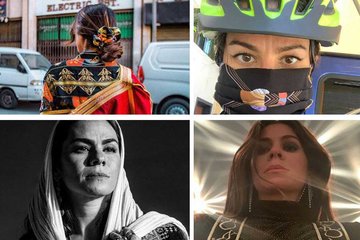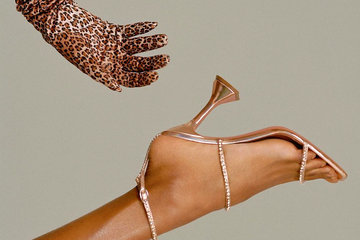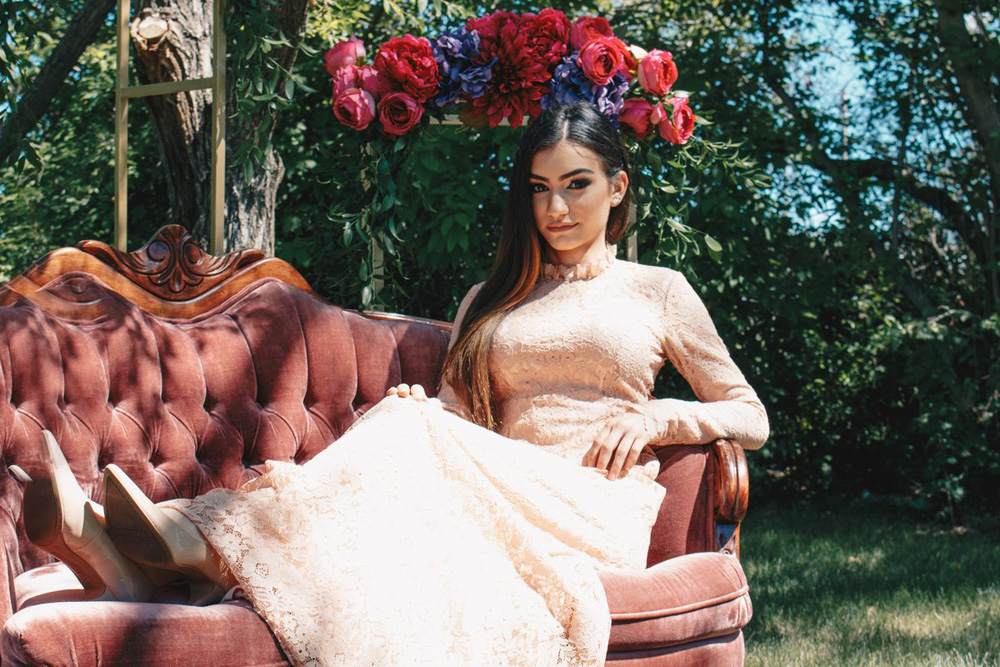
In Edmonton, Canada, one woman has been making headlines this year for her approach to tackling stigmas and stereotypes through fashion. Known as Edmonton’s Muslim Fashionista, Wedad Amiri is a modest wear designer who has been working towards ways to empower women, as well as the normalization of mental illness.
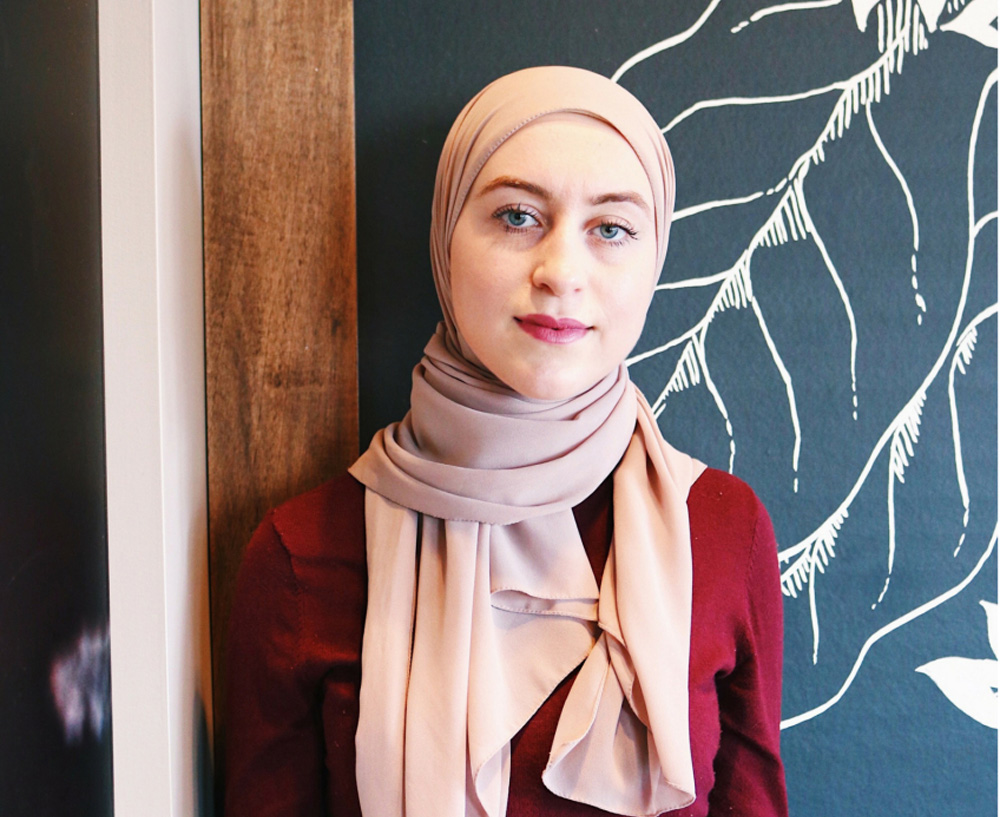
Wedad Amiri
Founder of Afflatus Hijab, an online store that offers modest evening and casual wear primarily geared toward Muslim women, Amiri names each of her pieces after an inspirational woman like Ibtihaj Muhammad, the first American fencer to wear a hijab while competing in the Olympics, as well as women who struggle with mental health issues. This year, her name has been getting global attention following the Maarkah New York Fashion Week last month where her designs were featured and attracted much attention.
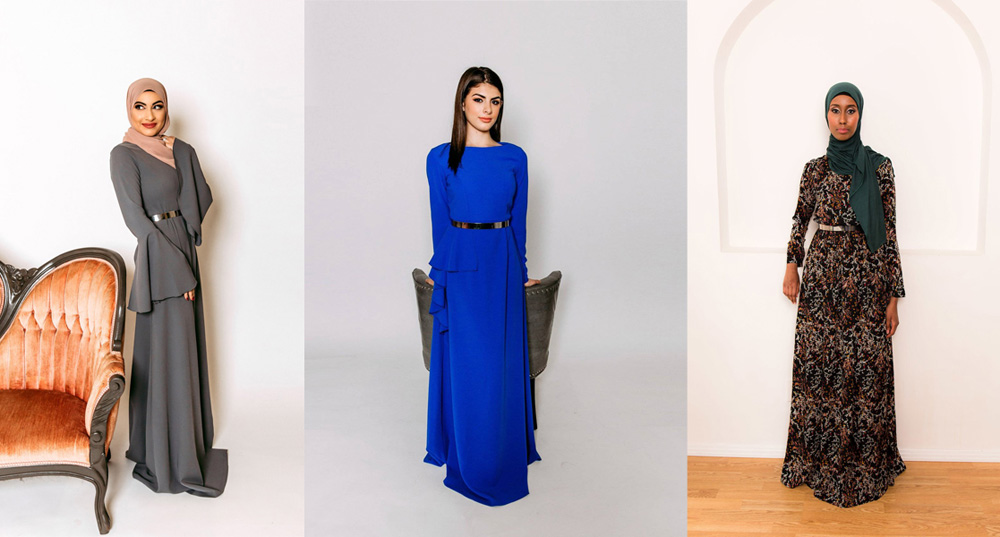
In a recent interview with MySalaam, the Canadian designer expressed her joy at being featured at the show, which also had Ibtihaj Muhammad’s Louella line as well, saying, “The experience was amazing and I learned so many new things. The main reason I did the fashion show is because of the exposure it would get.”
Relatively still new to the market, Amiri started her business about four years ago. Speaking to CBC News, she explained that her business venture was born out of a personal need, after years of growing tired with the lack of options for women who opt to dress modestly, saying "When we go to weddings and stuff, to get a long dress with sleeves is very hard to find […] So I was buying these dresses, but I would have to take them in, alter them. It would cost about $500 near the end."
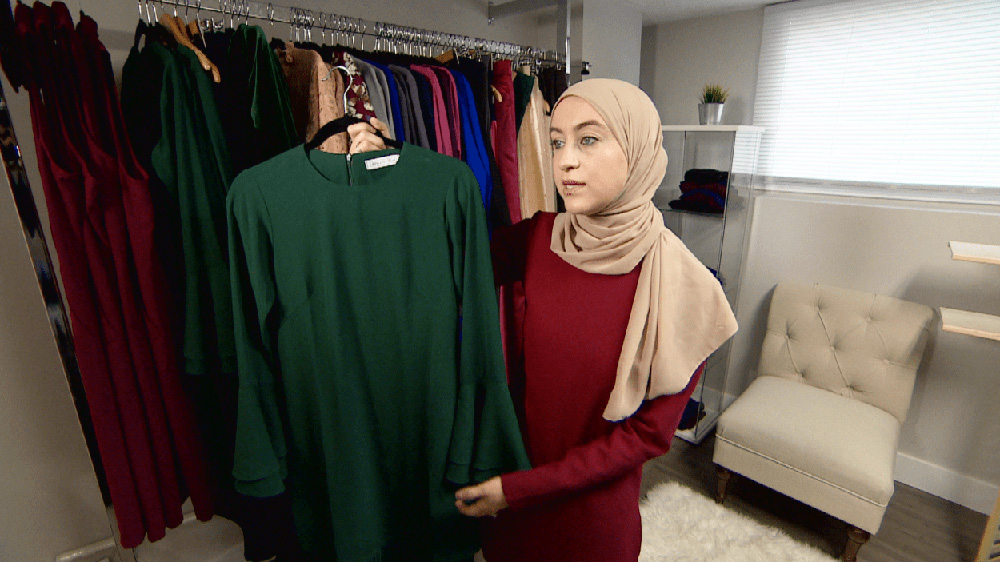
Amiri’s foray into the world of fashion began with creating her own clothes, full-length skirts and dresses in different colors and fabrics whose designs she then sent to a manufacturer. Since then, she hasn’t looked back and has instead been making a name for herself one stitch at a time.
For her first collection, Amiri chose “trailblazers in the Muslim community around the world,” and then for her second collection she decided to name them after inspirational Indigenous women. Amiri’s view on naming her pieces after strong women and particularly Muslim women was initially shaped by a need to dispel misunderstandings about Muslim women.
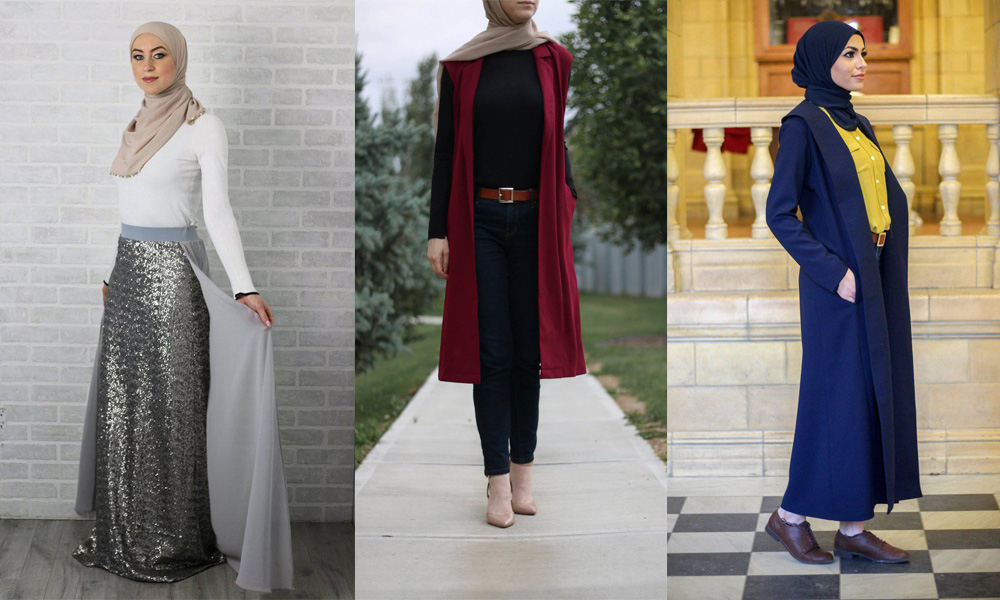
"I just felt like we were given such a bad name in the media — we all look kind of the same: oppressed, no rights, our husbands have to do everything for us. So I wanted to change the narrative."

